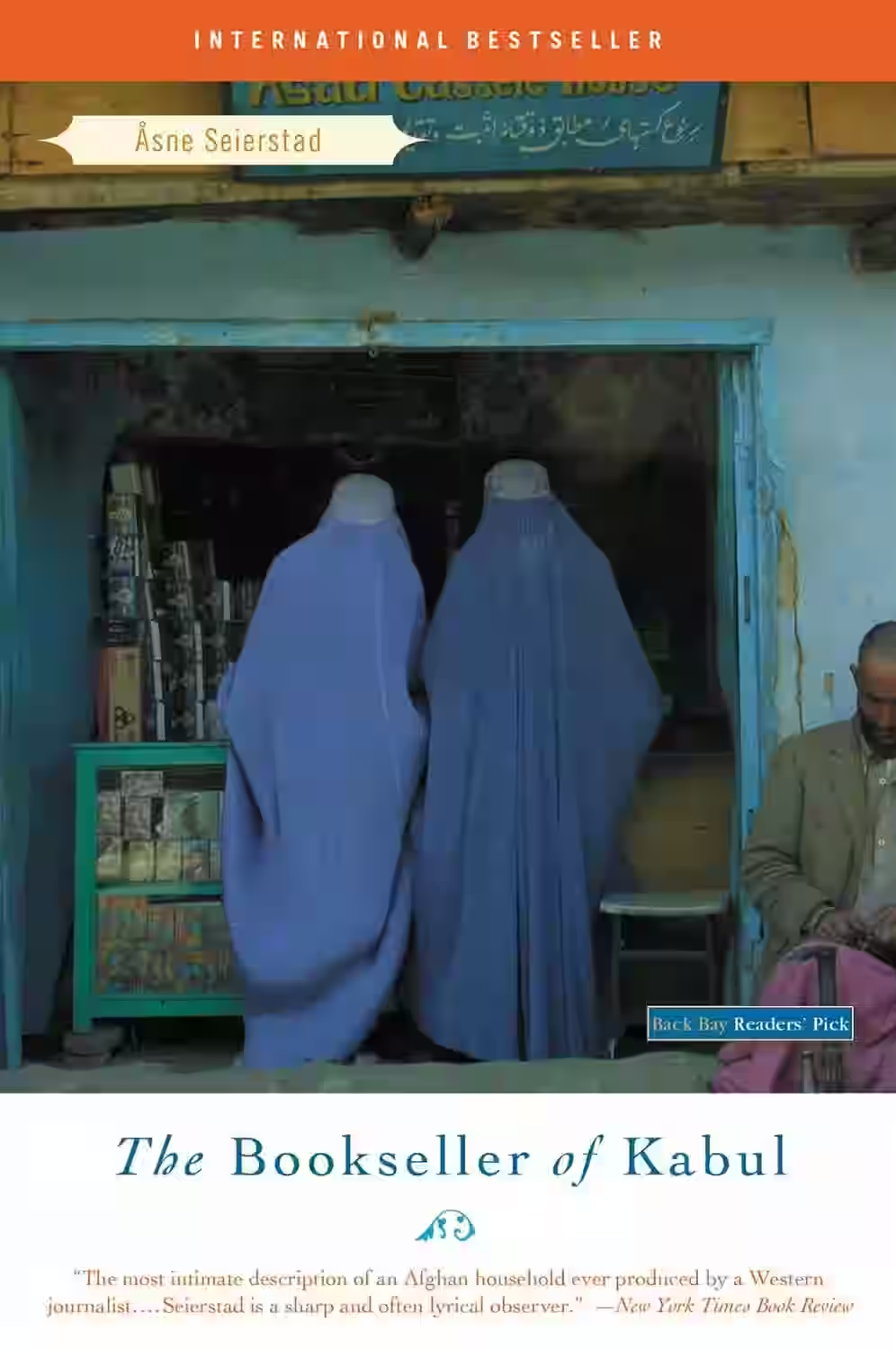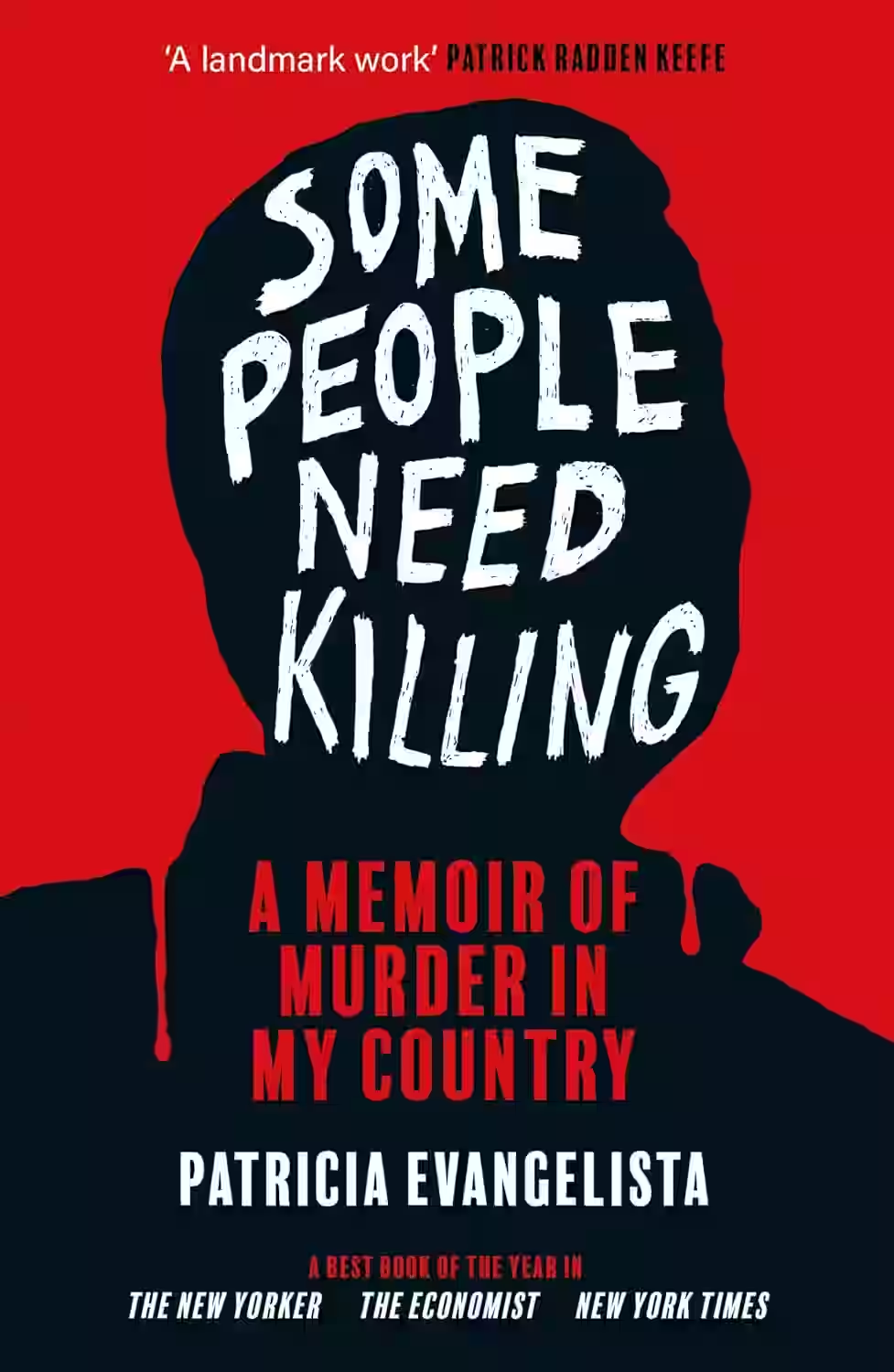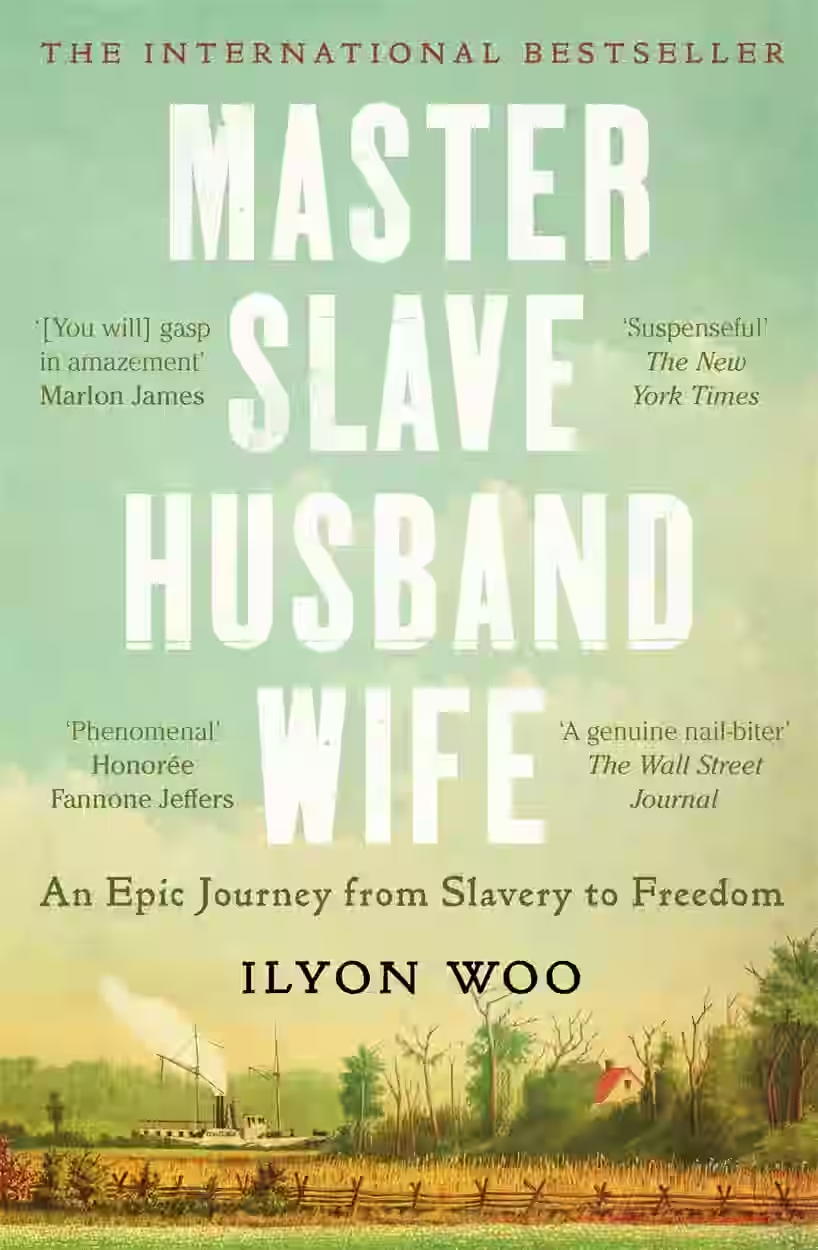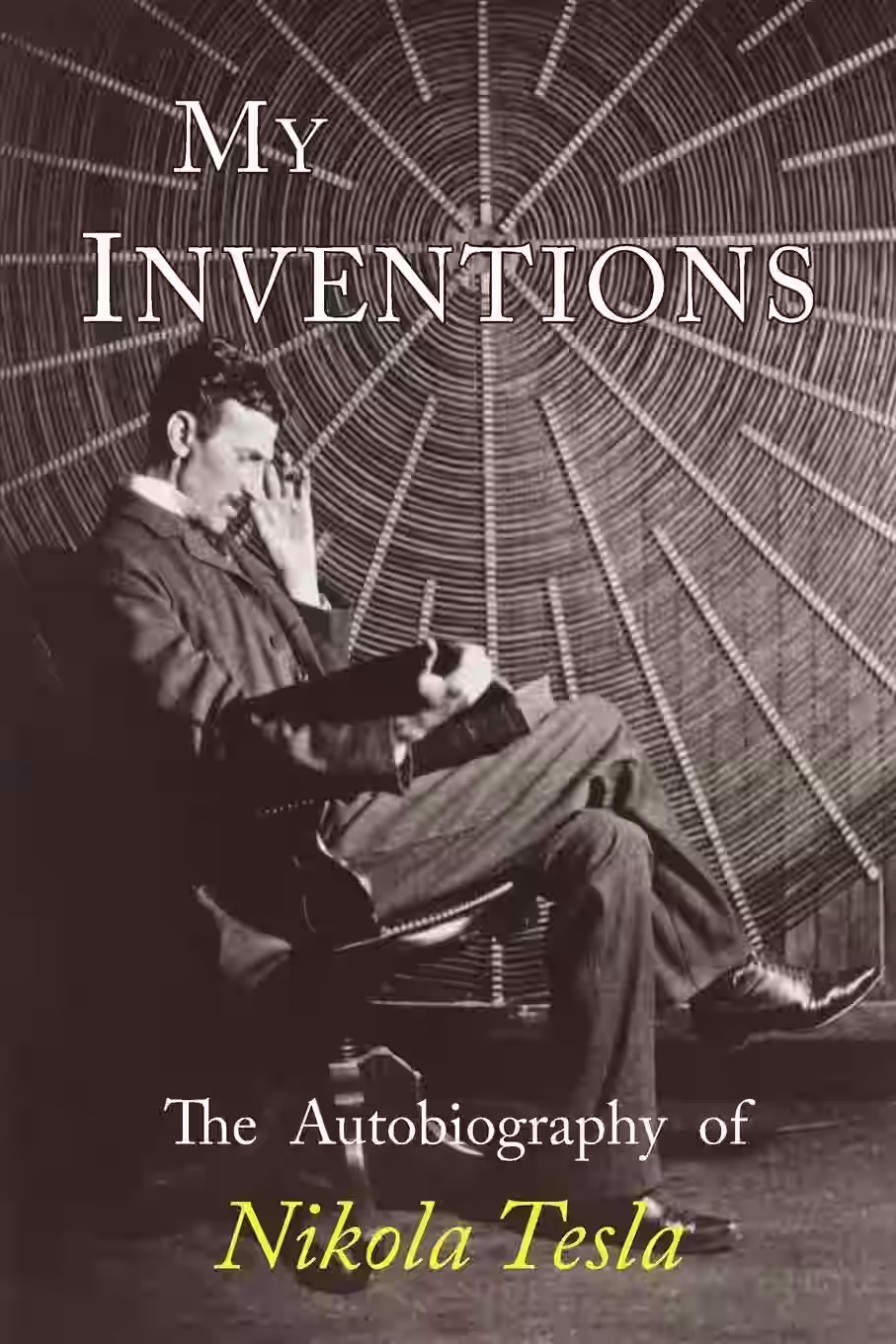
The Bookseller of Kabul by Asne Seierstad offers an intimate lens into the life of a middle-class family in post-Taliban Afghanistan. Through meticulous observation and vivid storytelling, Seierstad embodies the voice of Shah Muhammad Rais, the titular bookseller, and the complexities surrounding his familial and societal roles. The narrative unveils the profound impact of political upheaval on individual lives while exploring themes of gender inequality, cultural traditions, and the resilience of the human spirit. Asne's deft storytelling bridges the personal with the political, capturing the essence of a nation in transition. This evocative and thought-provoking narrative challenges Western perspectives, offering readers an eye-opening portrayal of Afghan life with dynamic authenticity.
About Asne Seierstad
Åsne Seierstad is a renowned Norwegian journalist and author, celebrated for her compelling narrative non-fiction. Born on February 10, 1970, in Oslo, Norway, she carved a niche for herself by immersing in exceptional stories from conflict zones. Her breakthrough came with 'The Bookseller of Kabul' (2002), a vivid portrayal of post-Taliban Afghanistan through the lens of a local bookseller which became an international sensation. Seierstad continued to deliver impactful works such as 'One of Us: The Story of Anders Breivik and the Massacre in Norway' (2013), which provides a harrowing exploration of the infamous 2011 attacks. Her meticulous approach and empathetic storytelling have firmly positioned her as a significant voice in contemporary literature, offering readers a deep dive into complex socio-political issues.
Similar Books

Some People Need Killing
In this harrowing and deeply reported memoir, journalist Patricia Evangelista documents Rodrigo Duterte’s brutal war on drugs in the Philippines. Drawing from years of firsthand reporting, Evangelista chronicles the violence, propaganda, and moral disintegration that defined a nation’s descent into authoritarianism. Through vivid narratives of victims, enforcers, and survivors, the book becomes a powerful indictment of state-sponsored killings and a meditation on fear, complicity, and resistance. Some People Need Killing is both a work of fearless journalism and a profoundly personal reckoning with truth and accountability in the face of terror.

With the Old Breed
by E.B. Sledge
E.B. Sledge's 'With the Old Breed' is a poignant and harrowing personal account of his experiences as a Marine in the Pacific during World War II. Through vivid and visceral prose, Sledge brings to life the brutal realities of combat, showcasing the camaraderie, suffering, and resilience of the men he fought alongside. The book delves into the psychological toll of war, the challenges of survival in extreme conditions, and the moral dilemmas faced by soldiers. Sledge's raw and honest narrative provides a deeply human perspective on the horrors of war and the bonds formed in the crucible of conflict.

Master Slave Husband Wife: An Epic Journey from Slavery to Freedom
by Ilyon Woo
This powerful nonfiction narrative recounts the daring 1848 escape of Ellen and William Craft from slavery in Georgia. Ellen, light-skinned, disguised herself as a disabled white man; William acted as her servant. Their journey to freedom through the North and eventually to England is one of ingenuity, courage, and love. Ilyon Woo’s detailed and gripping account draws on archival research to illuminate not only their story but the broader resistance to slavery and racism. Master Slave Husband Wife is both a suspenseful escape narrative and a testament to the resilience of those who dared to break the chains of bondage.

My Inventions: The Autobiography of Nikola Tesla
by Nikola Tesla
Nikola Tesla (1856–1943), a visionary of the electronic age, pioneered much of modern electrical and communication systems. His groundbreaking work included the alternating-current system, radio, the Tesla coil, wireless transmission, and fluorescent lighting. Despite his monumental contributions, Tesla's genius was often misunderstood, leading to others being credited for his innovations. This volume, originally a 1919 magazine series, offers Tesla's own account of his life, from his Croatian boyhood and European education to his collaboration with Edison and his subsequent revolutionary research. Written with wit, his memoir provides fascinating insights into the mind of a true scientific pioneer, covering his early life, inventions, and key discoveries like the rotating magnetic field and telautomatics.